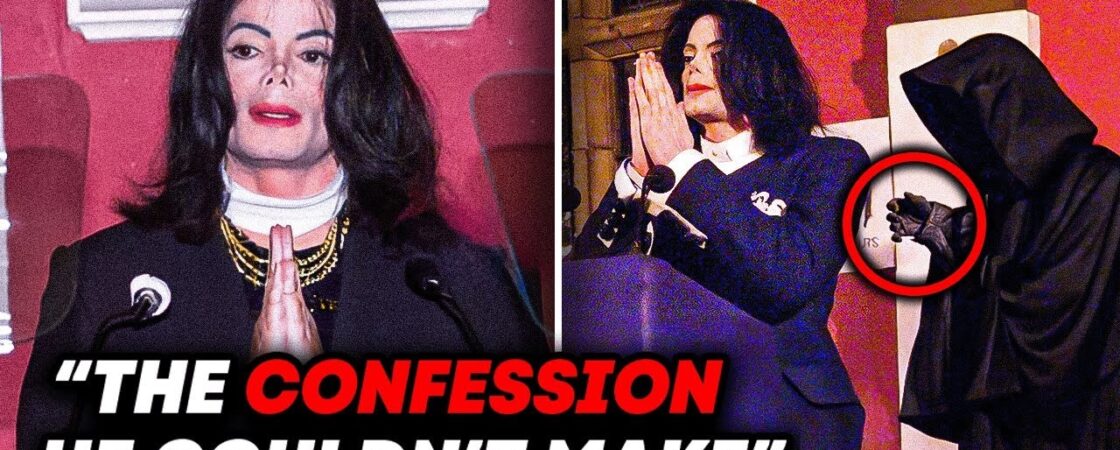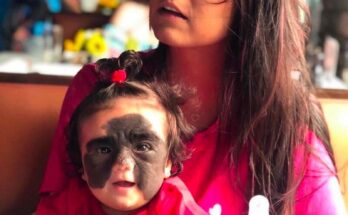Jackson’s deepest, darkest secret aired in ‘ugly’ court case
Michael Jackson’s mother has accused the promoter of his doomed final tour of sacrificing the troubled star in a “ruthless” pursuit of profit in the months before his 2009 death.
Monday’s opening of a trial pitting Katherine Jackson against AEG Live, her lawyer Brian Panish alleged the promoter was negligent in hiring doctor Conrad Murray, who was convicted in 2011 of causing Jackson’s death.

But Anschutz Entertainment Group (AEG) lawyer Marvin Putnam argued the mega pop star had hidden the evidence of his addiction and health woes from everyone, including his family and the concert promoters.
He said the three-month civil case would bring to light “some ugly stuff” about the singer’s private behavior.
“The public Michael Jackson was very different from the private Michael Jackson,” Putnam said. “He erected a wall between himself and his family. Even his family wasn’t sure what was going on at the house. He kept those who might have been able help him at a distance.”
He claimed evidence presented at the trial will show that Jackson had used propofol – the anesthetic drug which caused his death – since the 1990s to help him sleep, and been repeatedly warned that it could kill him.
“Mr Jackson got very, very good at hiding his addiction,” Putnam told the court, adding that “even his family and friends didn’t know” about his propofol abuse.
Jackson’s 82-year-old mother sat impassively in the front row, flanked by his siblings Randy and Rebbie, as details of the self-styled King of Pop’s long-term drug and alcohol abuse were listed in court.
Panish accused AEG of neglecting its duty of care to Jackson, as it strove to become the world’s biggest concert promoter through the doomed This Is It series of concerts in London.

“AEG had a problem and they wanted to fix it. And they didn’t care who got lost in the wash,” he said. “They were ruthless. They wanted to be number one at all costs.
“Michael Jackson, Dr Conrad Murray and AEG Live each played a part in the ultimate result, the death of Michael Jackson,” he said, but added: “Without AEG none of this would ever have occurred.”
But Putnam, in his opening statement, said AEG simply did not see any red flags.
“The truth is Mr Jackson fooled everyone,” he said, showing rehearsal footage from two days before his death to illustrate how the singer had concealed his troubles in public.
“He made sure that nobody knew his deepest, darkest secret” aside from the doctors who prescribed him the drugs, Putnam said.
As Katherine Jackson arrived for the start of the trial, expected to last at least three months, she was greeted by fans shouting: “We love you Mrs Jackson.”
She is seeking billions of dollars in damages – $US1.5 billion ($A1.46 billion) in lost income and an unspecified amount for emotional loss and other damages – on behalf of Jackson’s children Prince, 16, Paris, 14 and 11-year-old Blanket.
The elder pair could appear as witnesses, alongside a string of celebrities who may testify, including Quincy Jones, Diana Ross, and Spike Lee. Both of Jackson’s ex-wives, Lisa Marie Presley and Debbie Rowe, could also appear.
The 50-year-old singer died at his Los Angeles mansion on June 25, 2009 from an overdose of propofol, administered by Murray to help the Thriller legend deal with chronic insomnia.
At the time of his death, he was rehearsing for a series of 50 shows in London, organised with AEG, in an attempt to revive his career and ease his financial woes.
Much could turn on who exactly was responsible for hiring and paying Murray a promised $US150,000 a month, whether Jackson himself or AEG.
Panish cited a string of emails at Monday’s opening session, including one about Murray from AEG executive Paul Gongaware to tour director Kenny Ortega 11 days before Jackson’s death, which clearly implicated AEG.
“We want to remind him that it is AEG, not MJ who is paying his salary,” he wrote on June 14, 2009, discussing a planned “intervention” after Jackson failed to turn up for rehearsals, and was unfit to perform when he did so.
But Putnam cited an interview Murray gave to LA police two days after Jackson’s death, in which he said “I am an employee for Mr Jackson but paid through AEG.”
The case continues on Tuesday with the first witness called by the Jackson lawyer, expected to be one of the paramedics who rushed to the star’s house on the day he died.



